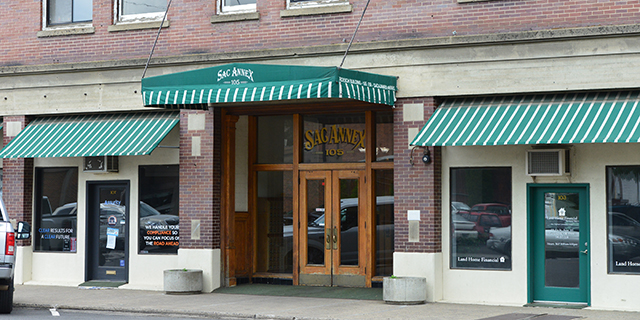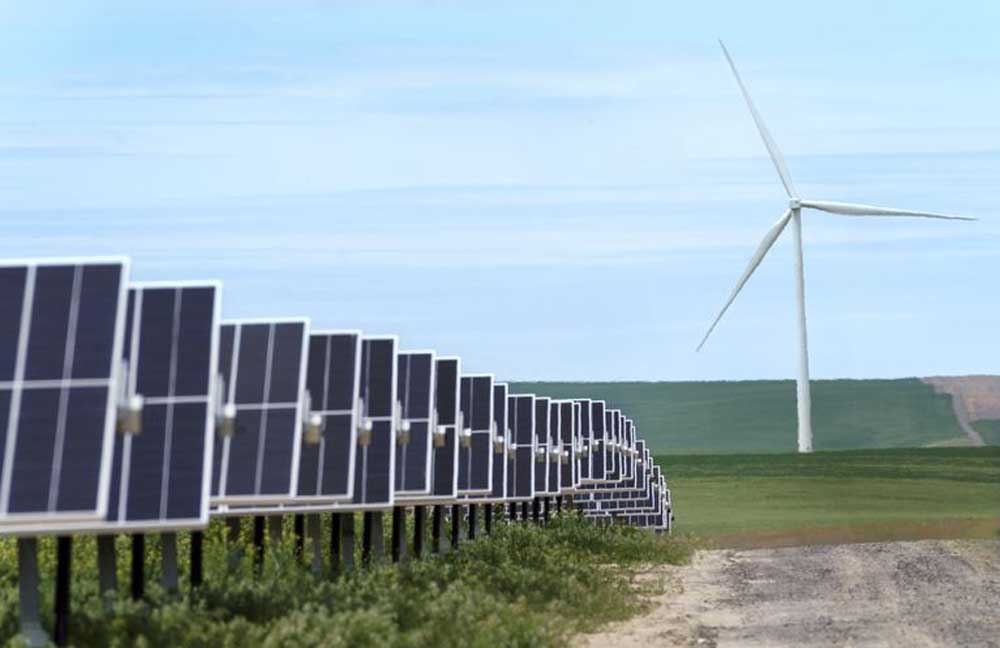News of the weird: Nigeria seizes donkey penises to be smuggled to Hong Kong
Published 12:36 pm Thursday, September 8, 2022

- A man on a donkey moves past Government Science Secondary School where school children were kidnapped in Kankara, Nigeria, Wednesday, Dec. 16, 2020. Nigerian officials on Thursday, Sept. 8, 2022, say they have seized thousands of donkey penises that were about to be exported to Hong Kong. Sacks of the donkey male genitals were seized at the international airport in Lagos, Nigeria’s largest city.
ABUJA, Nigeria — Nigerian officials have seized thousands of donkey penises that were about to be exported to Hong Kong, an official said on Thursday, Sept. 8.
Sacks of the donkey male genitals were seized at the international airport in Lagos, Nigeria’s largest city, Sambo Dangaladima, the Nigeria Customs Service area commander, told reporters.
The consignment was “falsely declared … as cow male genitals (but) after due examination, my export officers discovered they were donkey male genitals,” said Dangaladima. A total of 16 sacks of the genitals were seized, he said.
An investigation has been launched to find out more information about the seized items, the customs service said.
Although the seizure of donkey genitals meant for export from Nigeria is rare, donkey skins are known to be frequently exported or smuggled out of the country. In July, the Nigerian customs seized $116,000 worth of donkey skins being smuggled into the country from neighboring Niger.
Nigeria is trying to curb the export of donkey skins which has drastically diminished the country’s population of the work animals, particularly in the north. Nigerian senators in 2021 proposed to ban the killing of donkeys and the export of their skins.
The lawmakers said such a ban on killing donkeys would further curb the export of donkey skins and genitals — which Nigeria prohibits — to countries like China where the skins are used in popular traditional medicines. That proposed legislation has not yet been passed into law.
“The major beneficiary in this trade is the donkey (skin) merchants in China,” Muhammad Datti, one of the federal lawmakers supporting the proposed ban, has said. “This animal is facing extinction (in Nigeria) and it is an animal you cannot breed in large numbers because of the very low rate of fertility.”
United makes ‘conditional’ order for electric air taxis
DALLAS — United Airlines thinks that in a few years, plenty of big-city customers will pay $100 or more for a one-way ride to the airport in a four-seat, electric-powered air taxi.
The Chicago-based airline said Thursday, Sept. 8, that it invested $15 million in a startup manufacturer, and signed a “conditional” agreement to buy 200 of the tiny aircraft with options for 200 more.
United said it expects to receive the first taxis — which will take off and land vertically, like helicopters — from Eve Air Mobility as soon as 2026.
It’s hard to judge United’s commitment to the deal, since it wouldn’t provide terms for the order. A spokesman said the conditions are standard when buying an aircraft that hasn’t been certified by regulators, and they cover “a number of United’s business objectives.”
The stake in Eve amounts to less than 5% of United’s second-quarter profit.
But the deal fits United’s pattern of announcing interest in startups that are trying to build and win regulatory approval for air taxis, like Archer, and supersonic planes, like Boom.
Mike Leskinen, president of United’s venture-funding arm, said the eVTOLs — electric vertical takeoff and landing aircraft — will be ideally suited for traffic-clogged cities where United flies, including New York, Chicago and San Francisco. He said air taxis will be faster than driving to the airport and produce fewer emissions, and trips will cost $100 to $150 each way.
“It will take time for consumers to adopt this. People are going to have some hesitancy at first,” Leskinen said. “It will feel a lot similar to a helicopter ride, it might be scary for some, but this is going to change the way we work and live.”
The Eve aircraft is envisioned to have a range of 40 to 60 miles. Future designs might be slightly bigger than the currently planned four-seater, but they would not replace any planes that United flies from one airport to another, so they won’t reduce carbon emissions produced by the airline’s regular fleet.
Eve Holding Inc. is a publicly traded company formed this year by a combination of a special purpose acquisition company called Zanite and a unit of Brazilian aircraft manufacturer Embraer. It is based in Melbourne, Florida.









